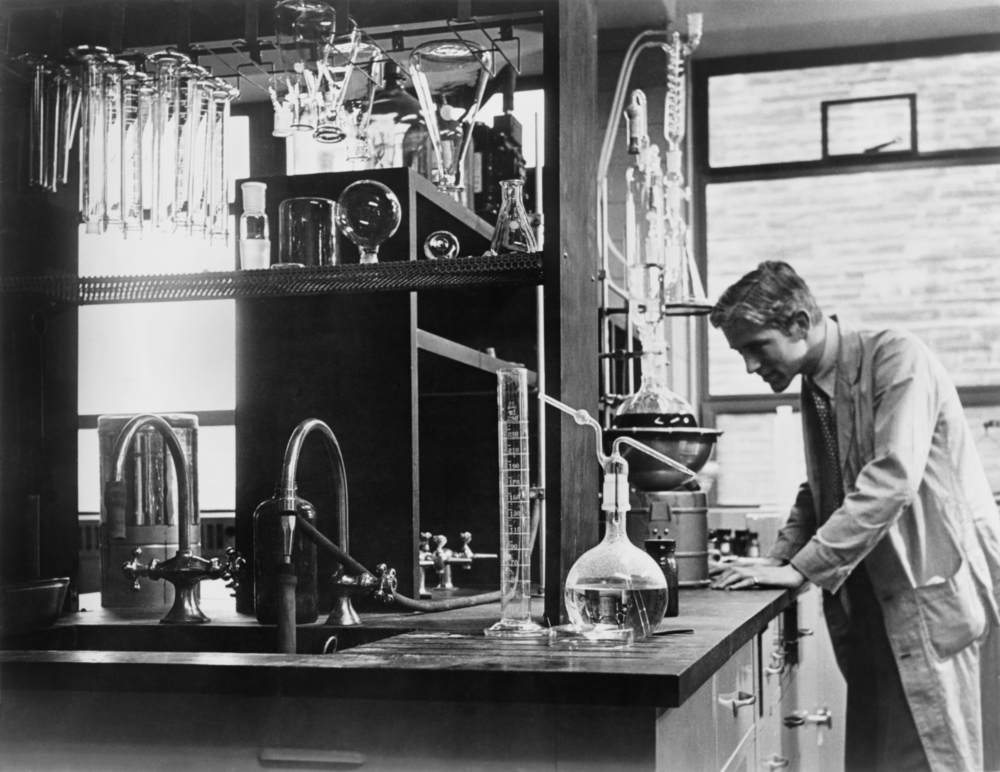Plagued: Humanity’s History with Disease, Outbreaks, and Pandemics – Podcast Series – Part 7
We take for granted the giant leap humanity took over the course of the 20th century when it comes to healthcare and quality of life. In 1900 the average life expectancy was 48 years. Thirty percent of all deaths were children under the age of 5. But by the end of World War I, leading scientists and researchers were already talking about the possibilities of eradicating disease – a concept that seemed unimaginable only a few decades before.

This episode, Eradicating Disease, is part 7 in our series Plagued: Humanity’s History with Disease, Outbreaks, and Pandemics. In this episode, JB Shreve is joined by LynnDee Summers and Dr. Jason Lofton. We look at the advances in medical science and technology and also the advent of international organization and cooperation.
After the chaos of World War I and the Spanish Flu, academics and elites began to push the ideas of cooperation and science to new levels of implementation. Adding to this, there were new fortunes such as the Ford Foundation and the Rockefeller Foundation set up to fund research and advances.
World War II operated as an interruption to this progress and also warned the world once again how near humanity was to self-destruction. For the first time, humanity had, not only the science but also the organizations and institutions to support eradicating disease of all kinds.
The effort to eradicate disease was actually more controversial than we might imagine. We will look at the success, failures, and controversies of this idea in this podcast episode.





